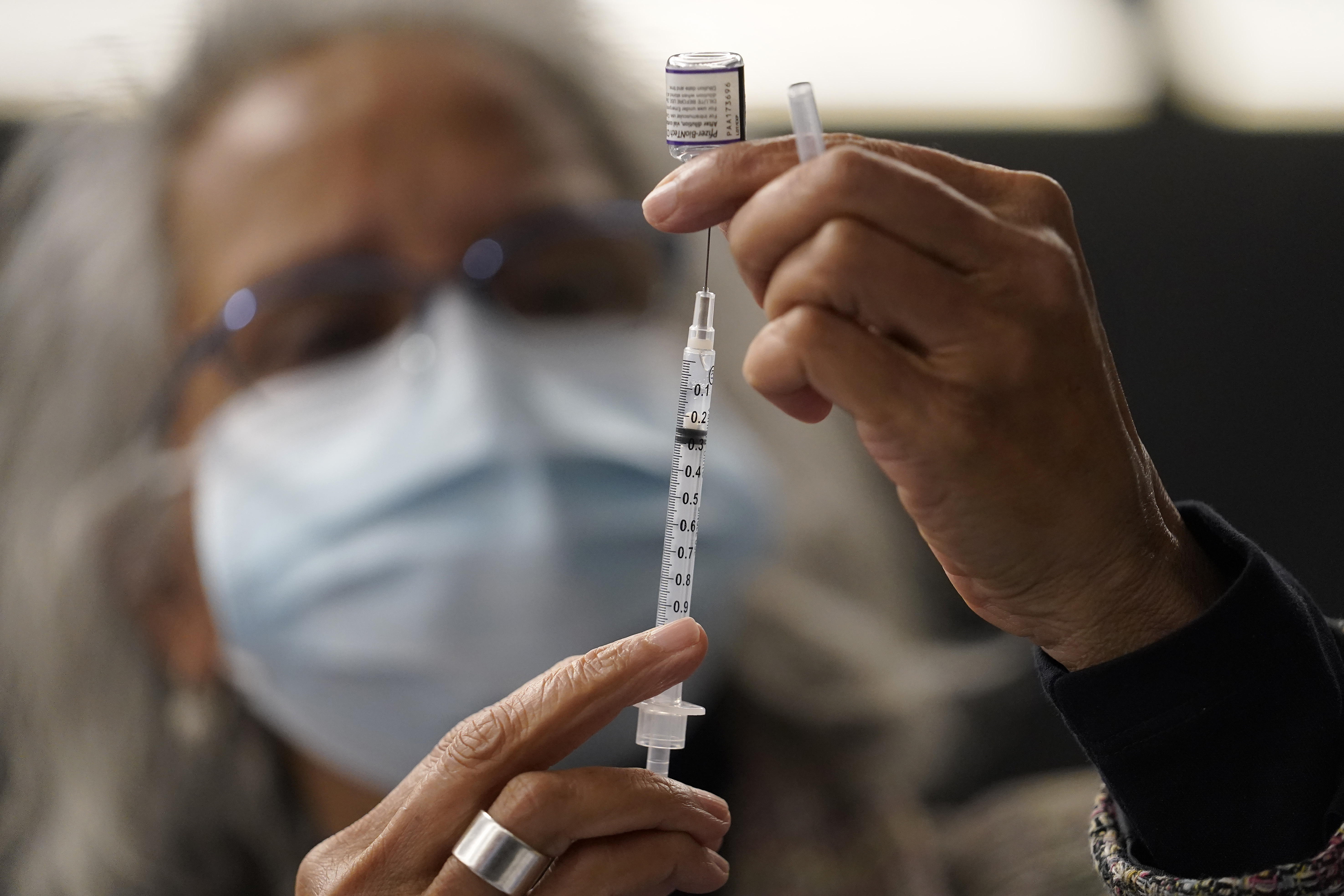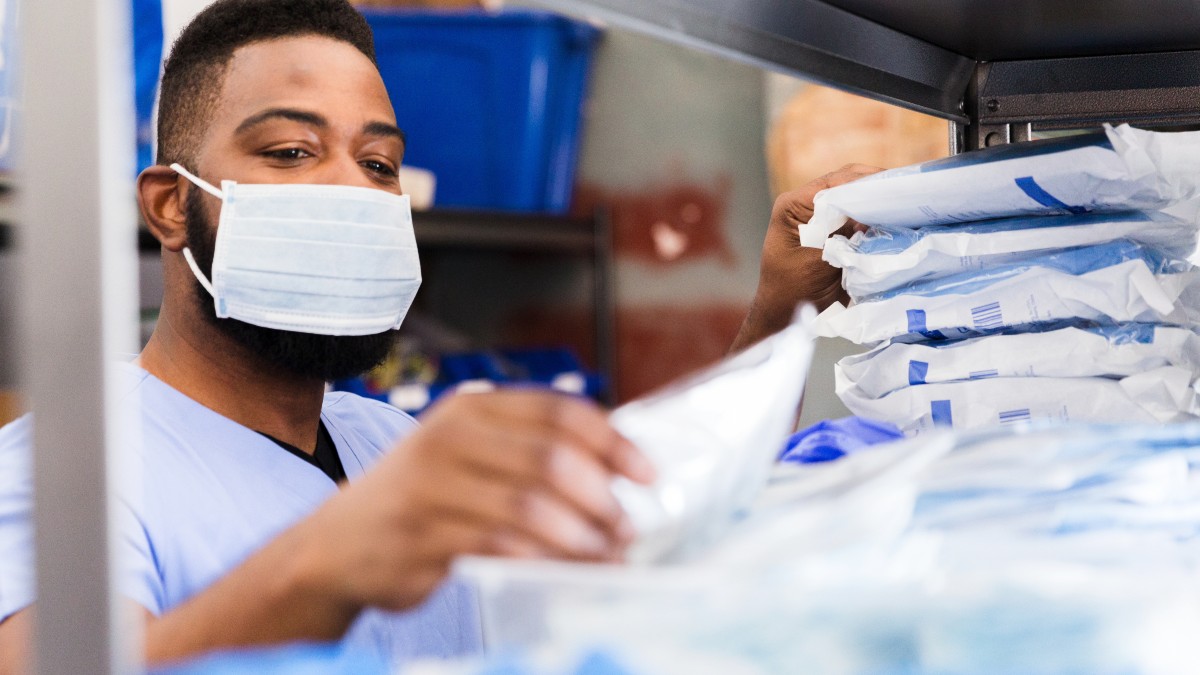Experts are encouraging the use of at-home COVID tests for holiday gatherings this year with COVID cases rising across the state and country, but what happens if you get a false negative?
Chicago Department of Public Health Commissioner Dr. Allison Arwady recently advised using the tests for the holidays as another tool to prevent spread.
While the most accurate form of COVID testing is a PCR test, no at-home tests currently authorized offer this method and instead rely on antigen testing.
Arwady said that while PCR tests may detect COVID earlier because they are more sensitive, at-home antigen tests are similar to a pregnancy test in that "they're not looking for the genetic material of the virus itself, they're just looking for, you know, for a protein."
Feeling out of the loop? We'll catch you up on the Chicago news you need to know. Sign up for the weekly Chicago Catch-Up newsletter here.
Home tests will miss some infections and in rare cases mistakenly indicate an infection. One popular test misses around 15 out of 100 infections — these are called “false negatives” — and gives a false positive result in about 1 in 100 people who aren’t infected.
But Arwady said "you can feel confident" with results from such tests if they are taken within 24 hours of a gathering.
"Even on the unlikely event [those tested] actually have COVID and don't know it, they are unlikely to have COVID at a level that they're going to spread it," she said during a Facebook Live Tuesday.
That said, those with symptoms and known exposure to COVID should opt to stay home from gatherings, she added.
"If somebody still got really bad COVID symptoms and they've had an exposure like that should, you know, you shouldn't gather," she said.
According to Dr. Nimmi Rajagopal, the associate chair of the Department of Family and Community Medicine for Cook County Health, the accuracy of the test "depends on the scenario."
"There are, of course, with any tests, there's a ratio of you can get false positives or false negatives and these tests fall in that same realm," she told NBC Chicago last month. "So it kind of depends on what you're testing for and what the risk is."
With many factors playing into the effectiveness of the tests, including timing and type of test, many experts agree.
Rajagopal recommends those who have lingering symptoms and known exposure who receive a negative test continue to isolate and monitor, and take another test in a few days or contact their health care provider for further guidance.
"So if someone is having symptoms and they get a negative test, one, it depends on the severity right? If you're having severe symptoms we don't want you to just do a home test either," she said. "We want you to call your doctor's office and make sure that they have an opinion here because there are of course other things like the flu that are out there that can mimic symptoms or have similar symptoms. But if you're having symptoms and they're kind of mild and lingering and you use the test and it's negative, we want you to take the precautions and then retest in three to five days. And that's why most of these kits actually come with two tests."
“These tests need to be used judiciously,” Cole Beeler, director of symptomatic testing for Indiana University’s COVID-19 Medical Response Team and an assistant professor at the IU School of Medicine, told NBC News. “If you had a high risk exposure and/or are symptomatic and you have a negative test, it still may be worthwhile to get a formal test done in a hospital lab.”
But Arwady added that the tests "help for sure."
"Nothing is 100% but a combination of a fully vaccinated, boosted and then even on top of it, if you want another level of protection, tested gathering is really the best thing that we have in terms of helping to keep setting as safe as they can be," she said, adding that the at-home tests are "quite reliable and I encourage people to use them."
For more on what to know about at-home COVID tests, where you can buy them and more, click here.



